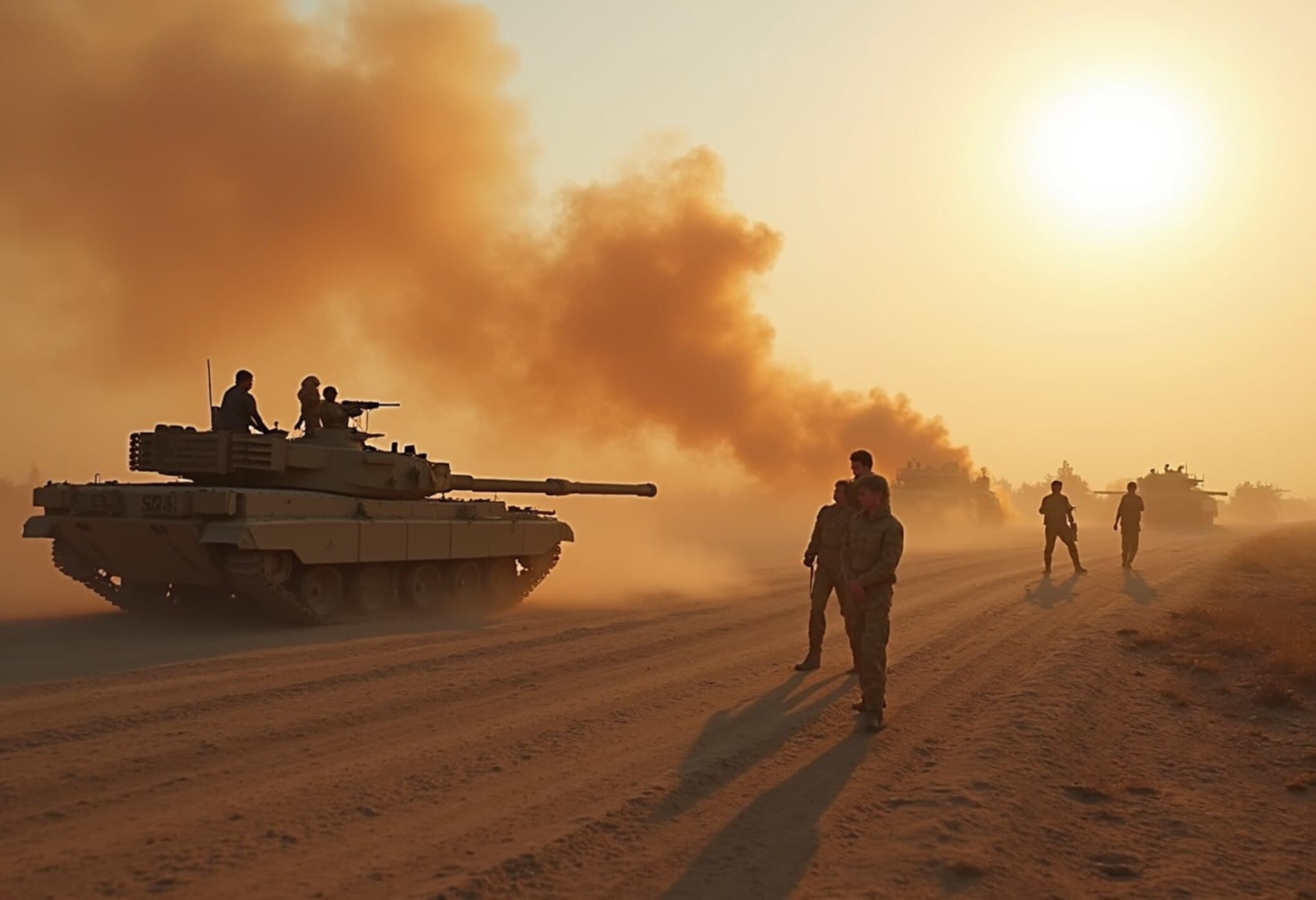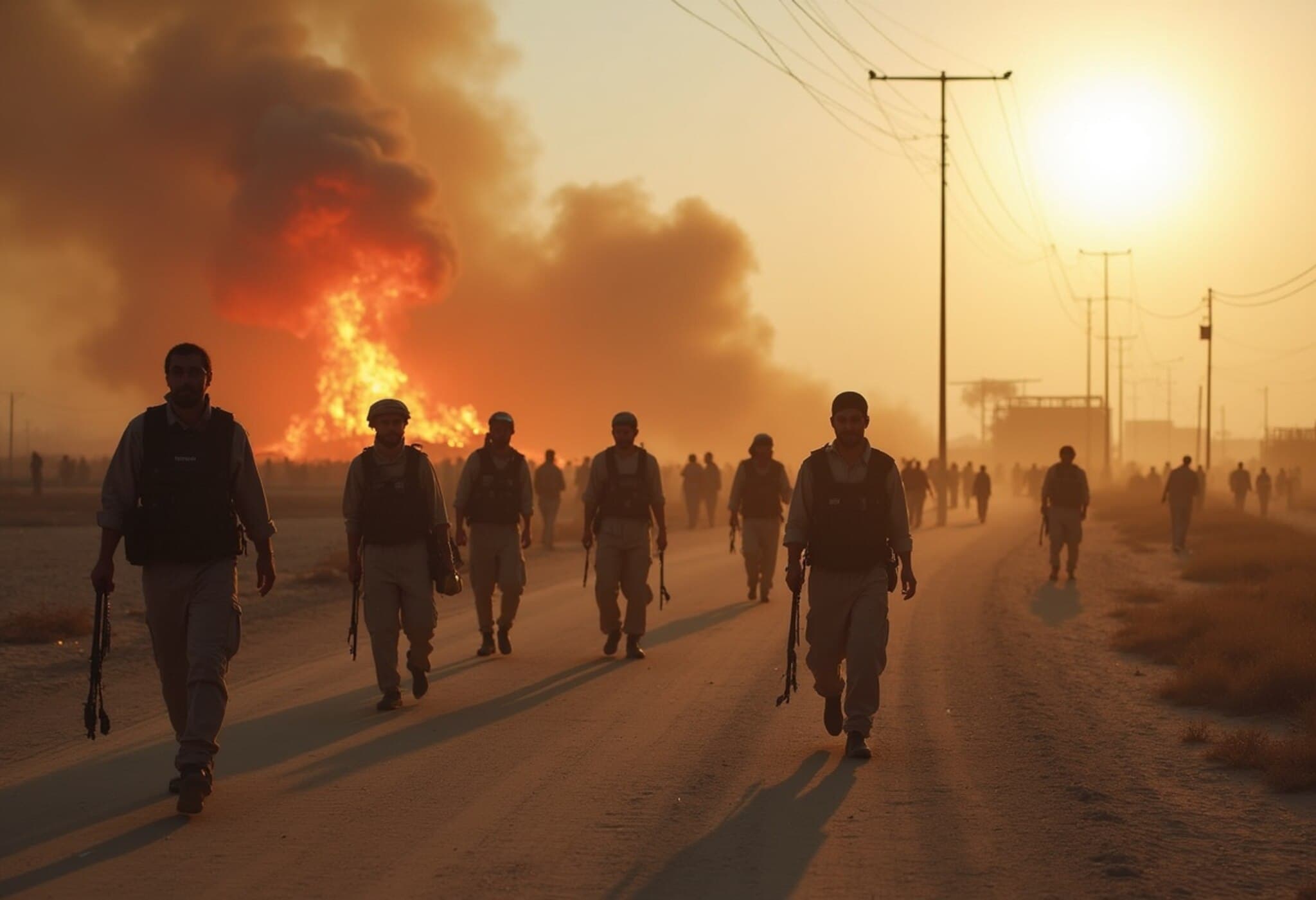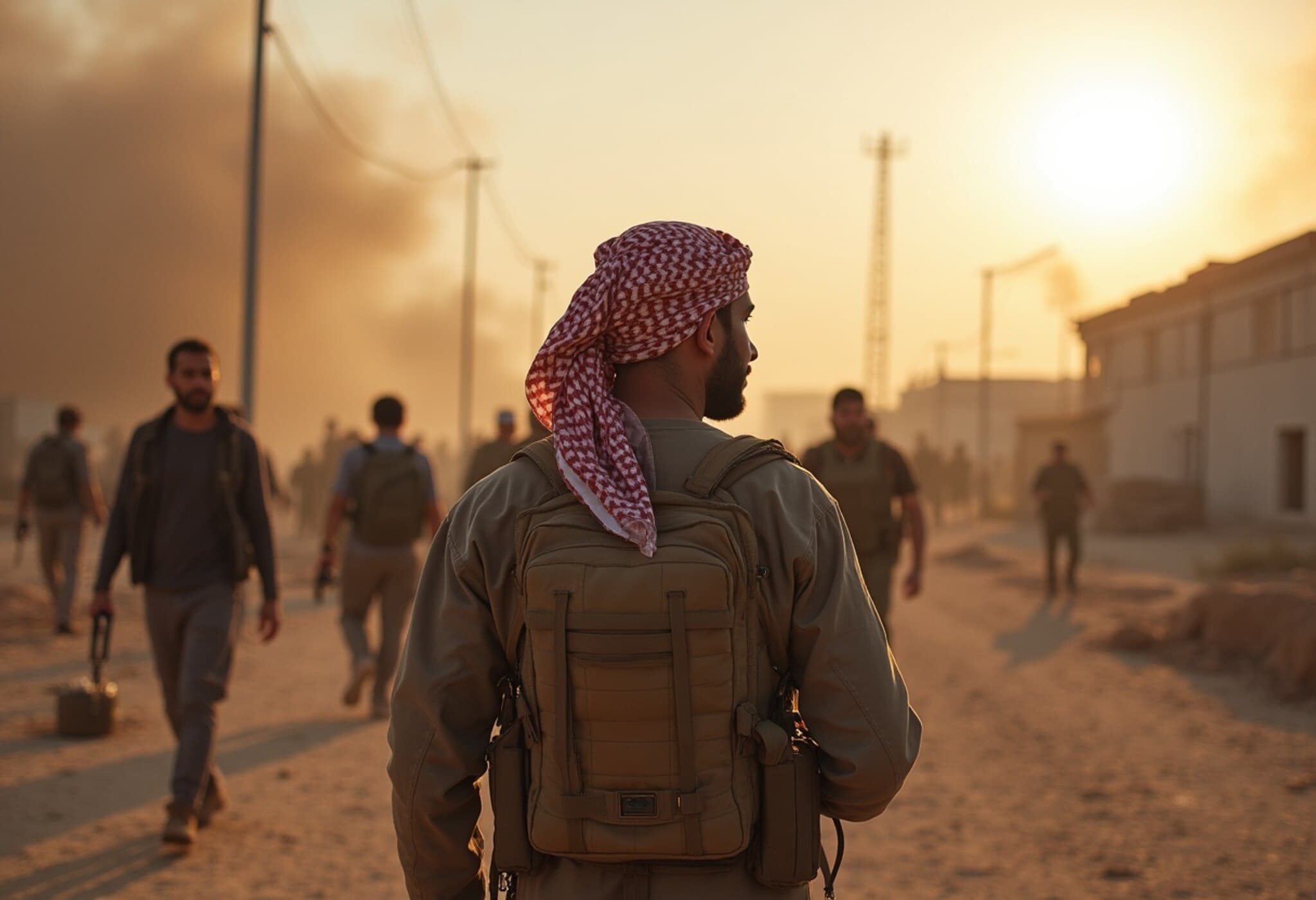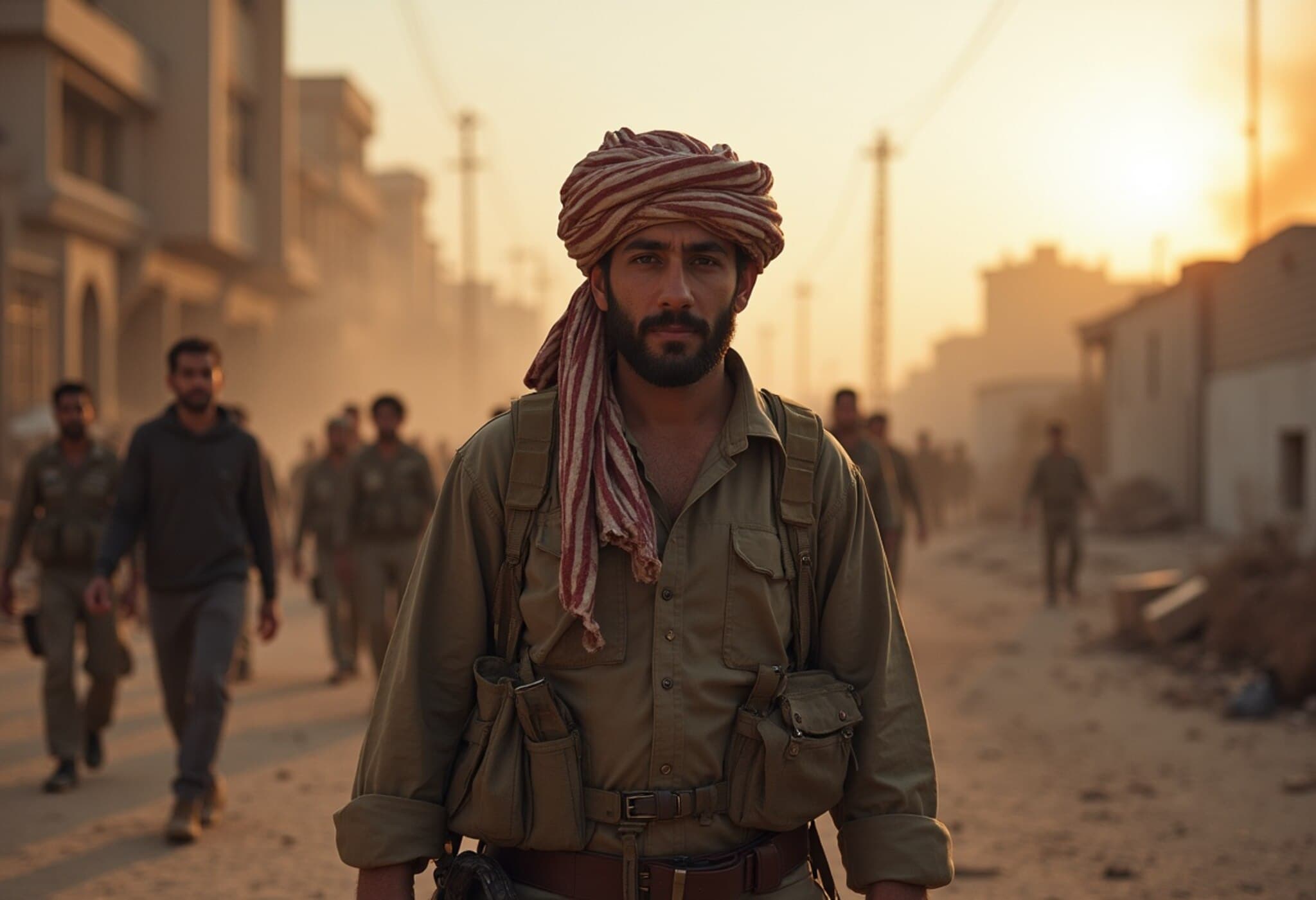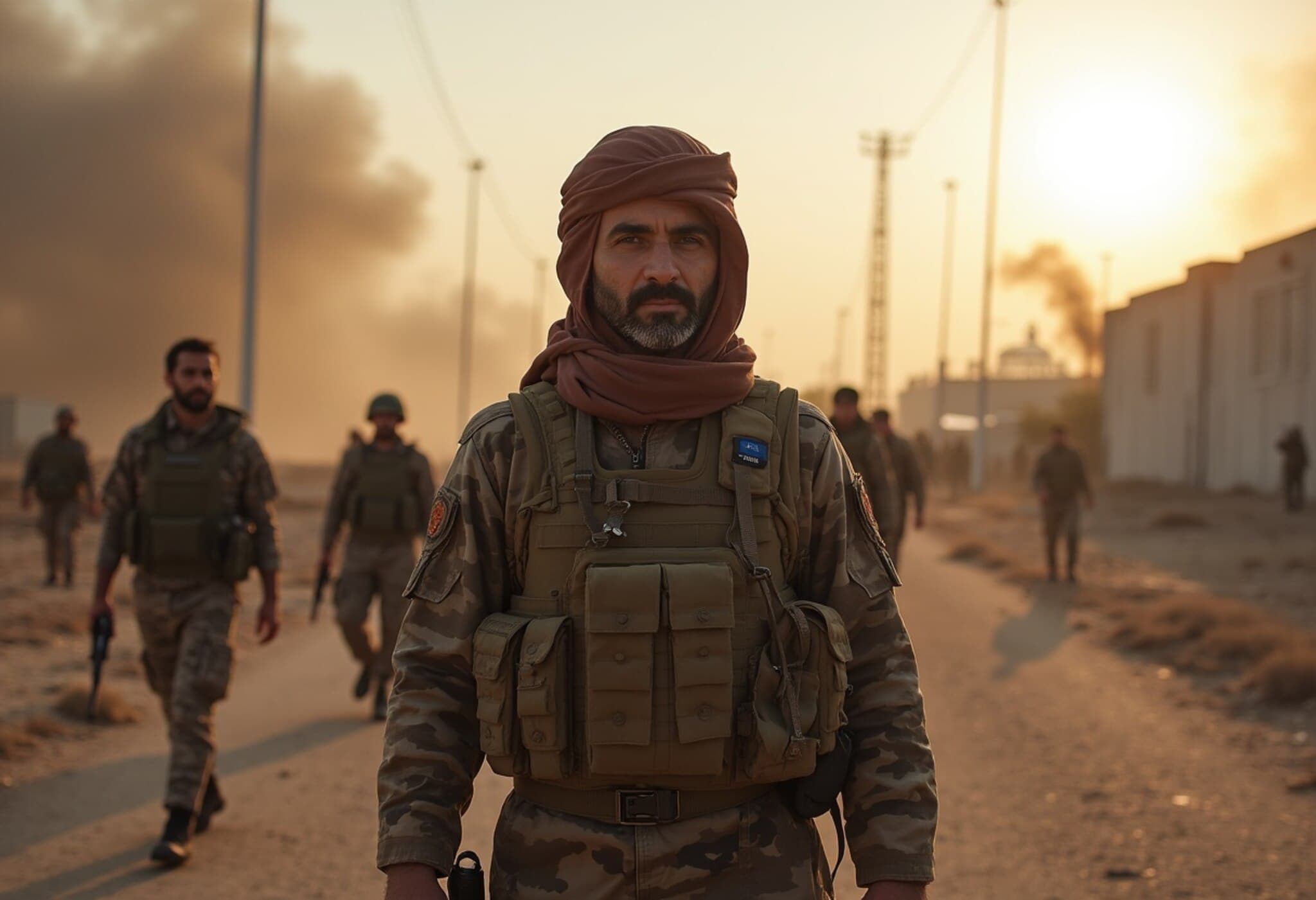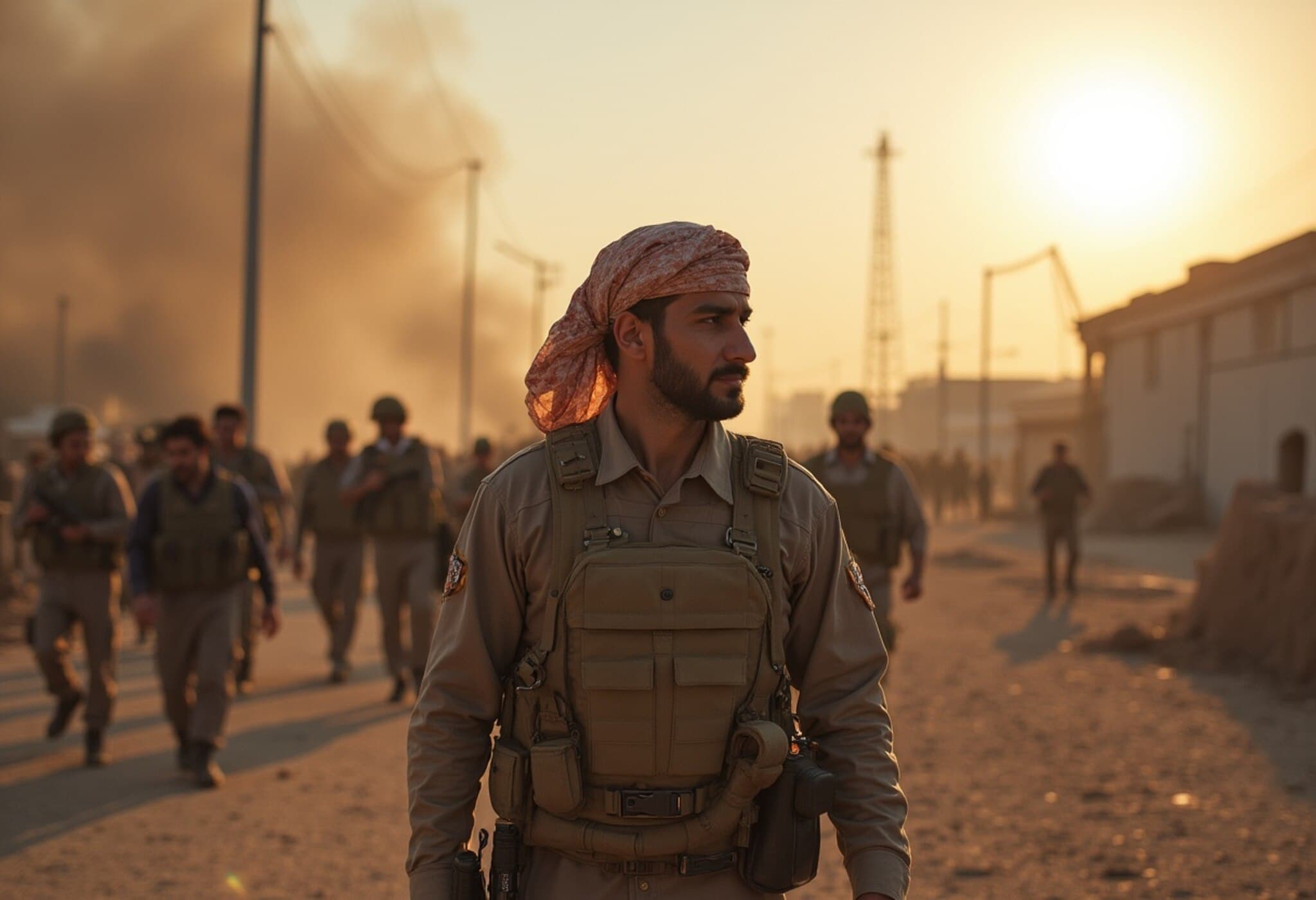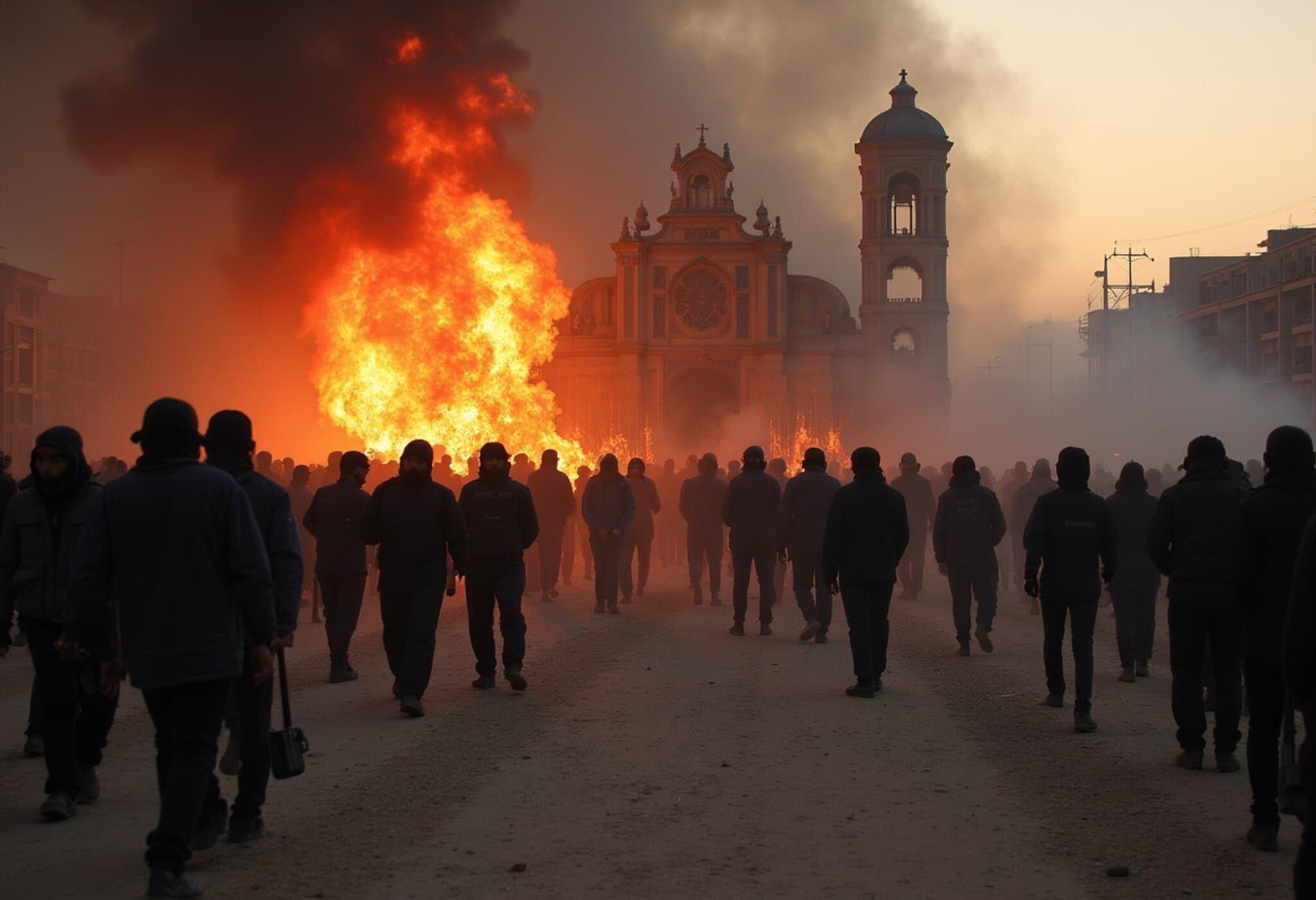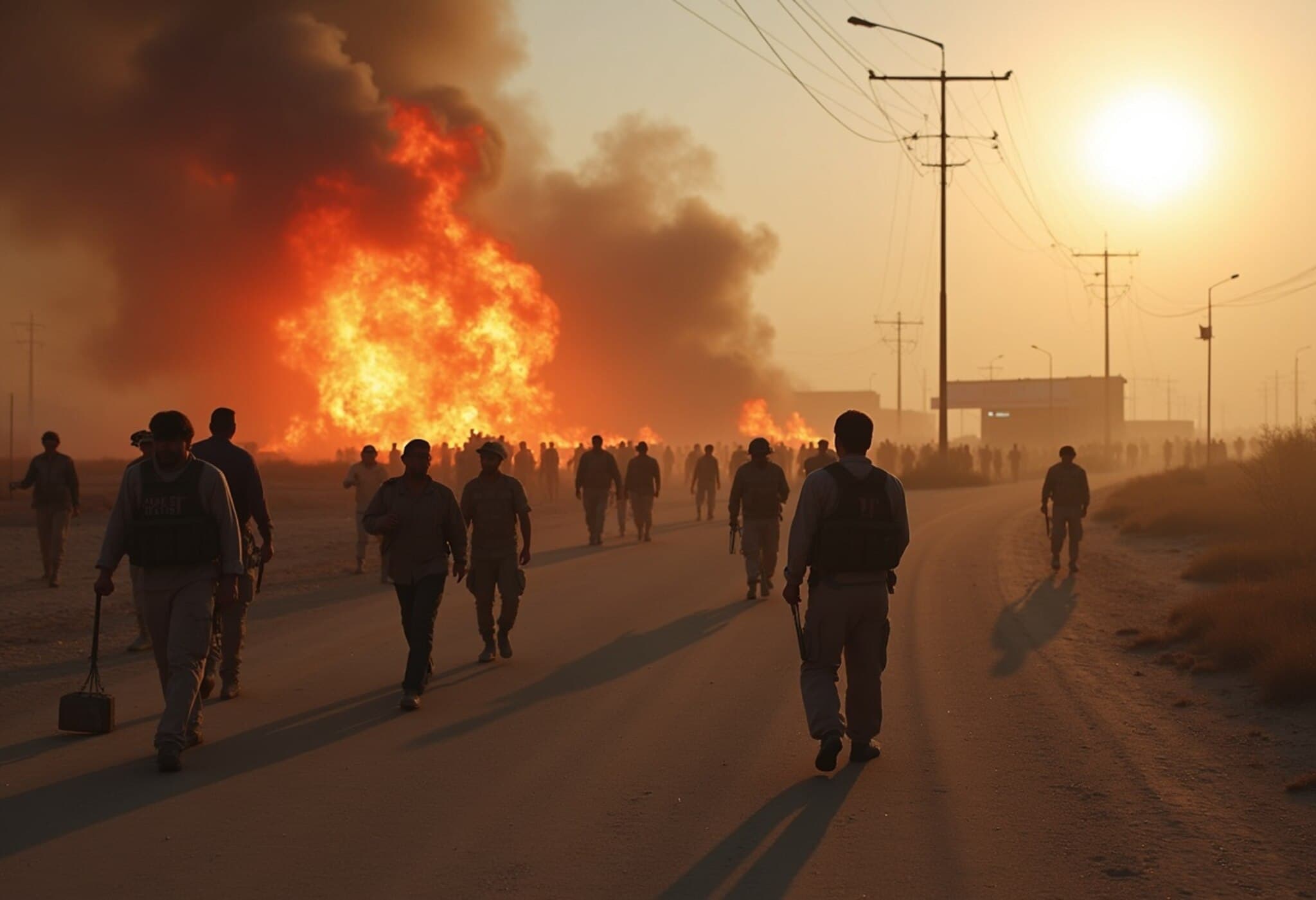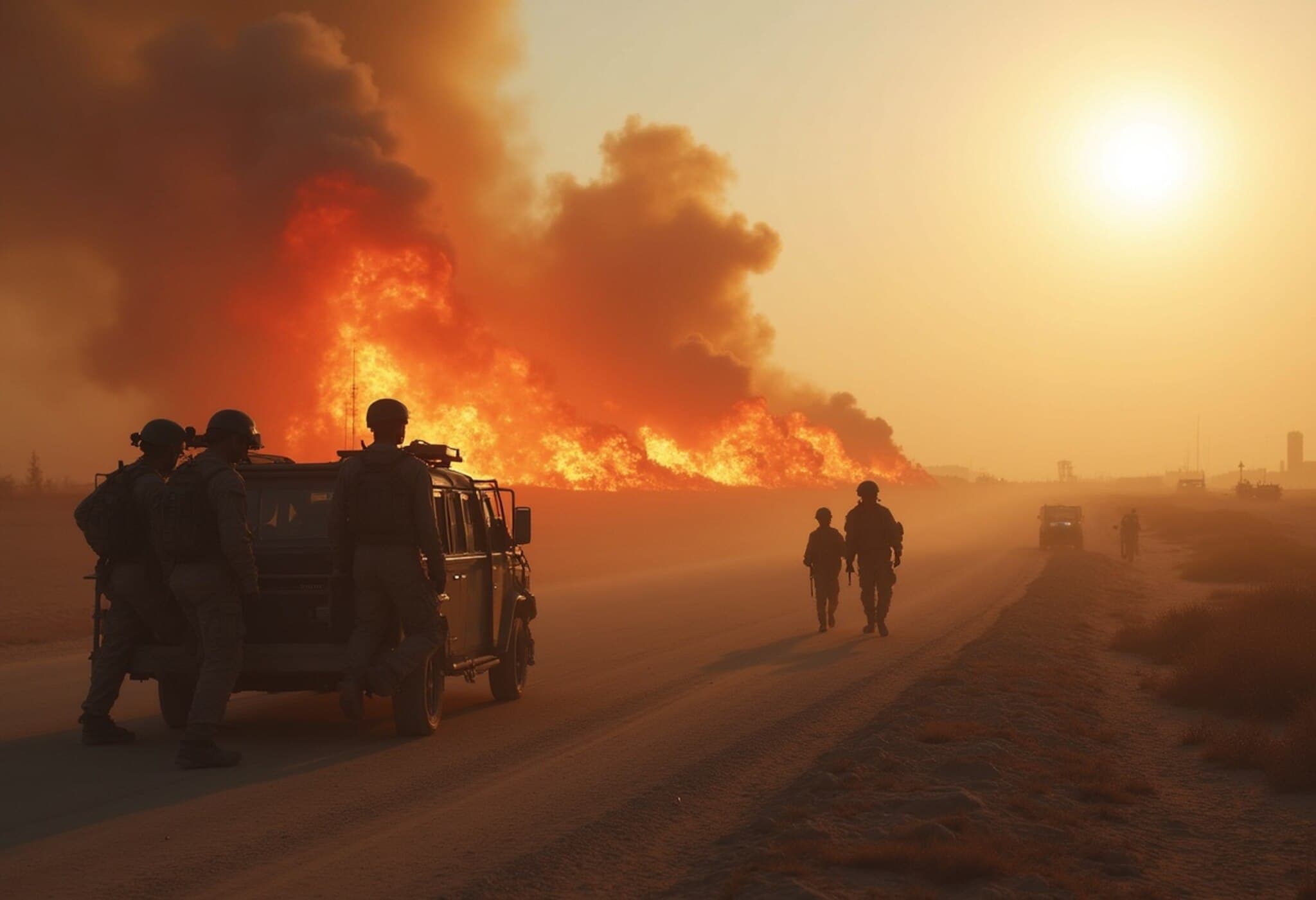Israel Targets Military Tanks Amid Intensifying Clan Violence in Southern Syria
In a significant escalation of tensions in southern Syria, the Israeli military confirmed striking Syrian government tanks as deadly clashes erupted between Druze militias and Sunni Bedouin tribes in the Sweida region. The recent violence comes against the backdrop of Syria's deepening instability nearly 14 years into a protracted civil conflict.
Clashes Fueled by Tribal Tensions and Government Involvement
The fierce confrontations reportedly began with a series of retaliatory kidnappings and attacks. According to the UK-based Syrian Observatory for Human Rights (SOHR), initial hostilities sparked after a Bedouin checkpoint violently intercepted a young Druze vegetable seller. This incident rapidly escalated, leading to tit-for-tat assaults between the two communities.
Adding complexity to an already volatile situation, some government security forces were actively involved, aligning with Bedouin clans to suppress Druze militias. Syrian Interior Ministry officials described the unrest as a "dangerous escalation," exacerbated by the absence of effective local governance, resulting in a deteriorated security landscape and civilian casualties.
Human Cost and Security Response
- Confirmed casualties: At least 89 dead, including two children, two women, and 14 members of the security forces.
- Injuries: Nearly 100 people wounded amid street battles.
- Government action: Interior Ministry confirmed deployment of troops to restore order and prevent further civilian harm.
Israel’s Strategic Calculus and Historical Context
Israel’s strikes on Syrian tanks highlight its ongoing concern over instability along its northern frontier, especially regarding the Druze community, which is regarded in Israel as a loyal and integral minority. Israeli officials have consistently intervened to safeguard Druze populations in Syria, particularly after clashes in Druze-majority suburbs near Damascus earlier this year.
Prime Minister Benjamin Netanyahu and Defense Minister Israel Katz have explicitly stated Israel will not tolerate threats to Druze communities or the presence of hostile Syrian government forces near strategic southern areas.
This intervention strategy can be seen as part of Israel’s broader security doctrine aimed at preventing the establishment of hostile militant footholds along the Golan Heights — territory captured and annexed by Israel but internationally disputed.
Druze Communities: A Fragmented Alliance Within Syria
The Druze, a minority religious sect with roots in 10th-century Ismaili Islam, primarily inhabit southern Syrian provinces and Damascus suburbs. Although some factions perceive the Assad-aligned government as illegitimate following the former president’s ousting, others have sought protection amidst rising threats from Sunni Islamist militants.
Sheikh Hikmat Al-Hijri, a prominent Druze religious leader opposing the current Damascus authorities, recently called for international protection, accusing government forces of enabling extremist groups—showcasing the fragmented loyalties and precarious position of the Druze community.
International Reactions and the Urgent Need for Inclusive Dialogue
The United Nations has voiced deep concern over the violence, urging all actors to protect civilians and engage in meaningful, inclusive political dialogue. UN Deputy Special Envoy for Syria Najat Rochdi emphasized that sustainable peace requires trust-building and comprehensive political reforms that involve all Syrian communities.
Despite efforts by the Trump administration and US envoys to pave the way for normalization between Syria’s new authorities and Israel, substantial hurdles remain. Diplomats describe progress as gradual and complex, likening it to "unwrapping an onion."
Looking Ahead: Questions About Stability in Southern Syria
The recent violence spotlights the fragile state of Syrian sovereignty and community relations in the post-conflict landscape. It raises pressing questions:
- How will Syrian authorities balance restoring order with gaining legitimacy among minority groups?
- What role should international actors play to prevent further sectarian violence while respecting Syrian sovereignty?
- Can Israel’s security interventions foster stability, or risk further entangling regional rivalries?
Expert Commentary: From a US policy perspective, the Syrian conflict’s evolving dynamics underscore the challenge of supporting a unified, inclusive political transition. The Druze-Bedouin clashes symbolize the broader struggle Syria faces in reconciling diverse ethnic and sectarian identities while rebuilding governance structures.
Editor’s Note
This recent flare-up in southern Syria underlines the complex intersection of local grievances, sectarian identity, and international strategic interests. As Syria grapples with restoring peace after more than a decade of war, the Druze-Bedouin conflict serves as a stark reminder that grassroots tensions can spark broader regional consequences. Analysts and policymakers must keep a close watch on southern Syria, recognizing that meaningful reconciliation demands addressing both security and socio-political inclusion. The unfolding events beg reflection: Will these ancient communities find a path toward coexistence, or will external powers deepen divisions for their own ends?

